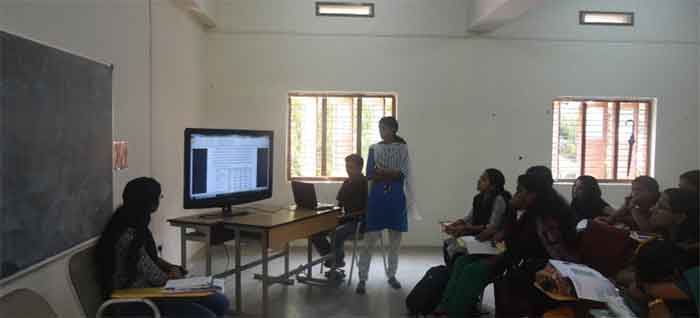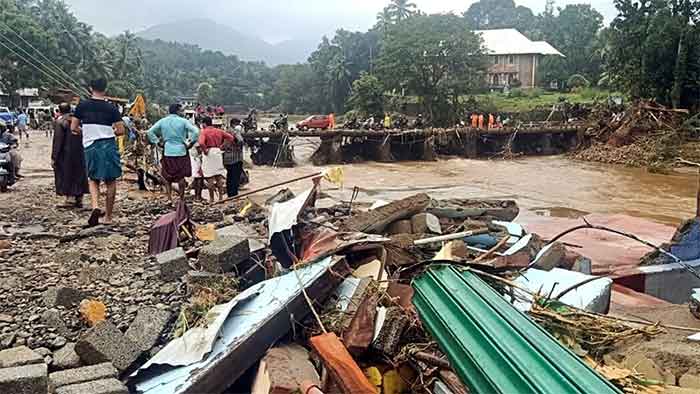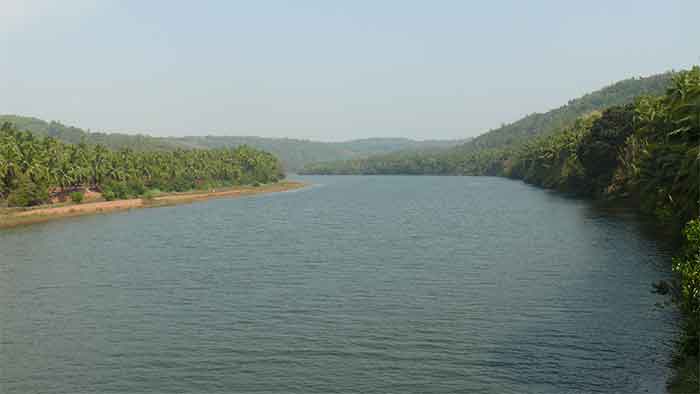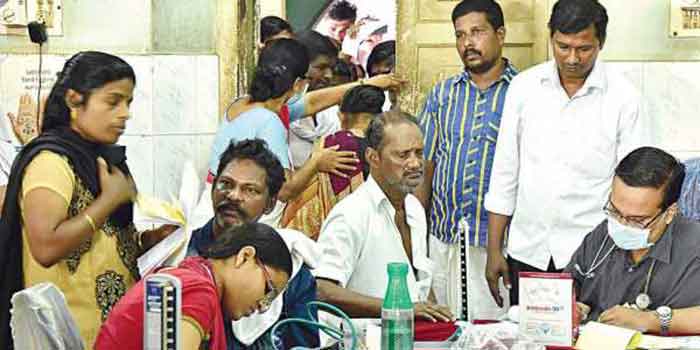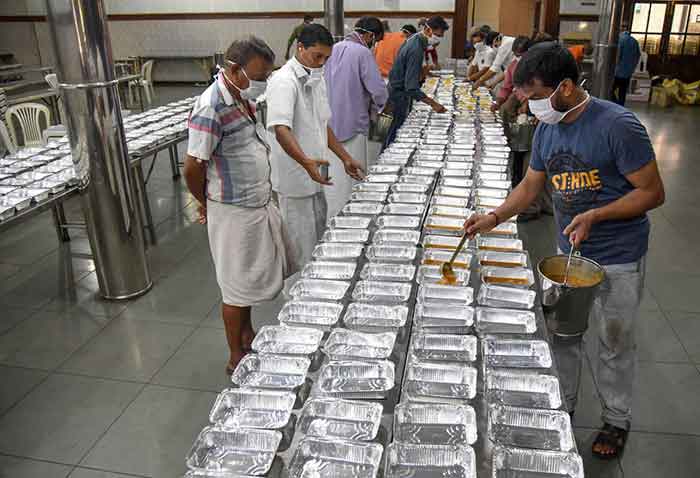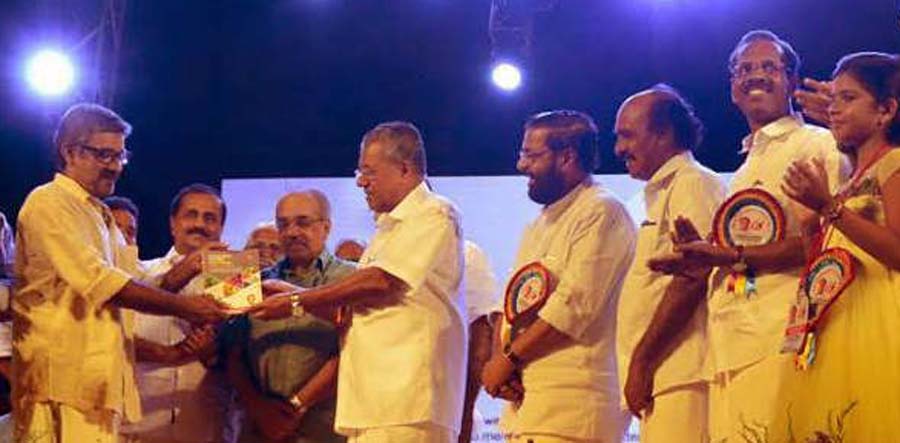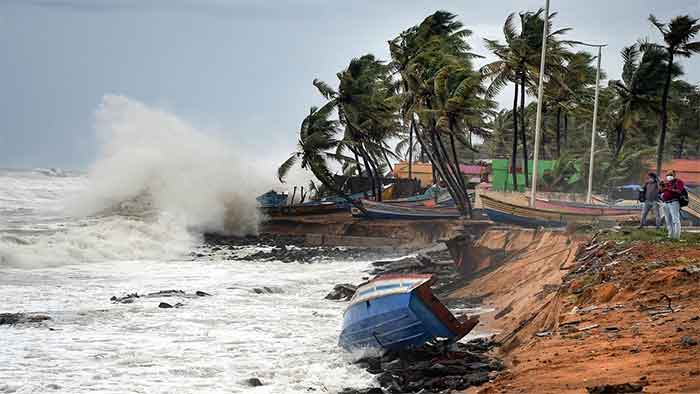
The Kerala Model of Development (KMD) is often the object of much admiration in development debates in India , and for good reason. A state which has been in the forefront of literacy and educational achievements, in libraries and promotion of literature obviously deserves a lot of credit. A state which achieves much lower child and infant mortality rate, based on much higher spread of much better health care system, deserves even more admiration and gets it too. Girls and women too are very much in the thick of these great achievements and contribute much to these. Good health and education systems have not just been created but also sustained.
Add to this the much better progress in panchayati raj /decentralization, and the admiration for KMD can be well understood. From time to time, while battling a disease or attaining other nationally valued objectives, these well-established strengths lead to exceptional success in Kerala, adding to the further fame of KMD.
In meetings in Uttar Pradesh and elsewhere, I have noticed awe and admiration writ large on the face of listeners as visiting friends and colleagues from God’s own country explain aspects of the famed KMD. Some of the listeners express a strong motivation to visit this land of exceptional achievements, and return suitably impressed.
While a lot of this praise is of course well-deserved, a more balanced assessment would probably need to bring in some other factors which may not be so favorable to this great reputation.
Despite the many-sided contributions of women of Kerala, is it not a fact that high levels of violence against women still continue to prevail? This includes domestic violence as well as sexual violence, including some exceptionally disturbing cases which point to rather widespread prevalence of some very unfortunate, to use a mild word, tendencies. Even dowry system continues to be still a menace, very surprising despite all the stated social progress.
Also it is very surprising to know that women comprise only around 11 per cent of the elected legislators or MLAs. One would expect the number to be close to 50% in a state with such fabled social progress. No less surprising has been the fact that the state has not had a woman chief minister so far. Strange. It has been pointed out that on some occasions when a woman political leader came close to getting prominence as a future Chief Minister, her path was thwarted by her own male colleagues more than any opposition leaders. Strange indeed in the land of KMD. Stranger still to know that such tendencies continue to this day.
The rate of depression among women here is stated to be high, and levels of well-being and satisfaction among them would not appear to be at par with the achievements of KMD.
It is also stated that the levels of alcoholism in Kerala are exceptionally high, and despite the efforts to some women activists to check this terrible social and health problem, these efforts have not really progressed much. The government, it appears, is not very keen on its part to reduce high levels of alcohol use, or at least it is not a big priority. Social reform efforts in a holistic and comprehensive sense cannot be seen much, and the scope of KMD achievements and the thinking on which it is based appears to be a rather narrow one.
It appears also that environmental aspects have not received the desirable attention in the official development effort. While Kerala has many respected environmentalists and activists who are known for their valuable contributions, it does not appear that such thinking has been well-assimilated in official thinking and the actual working of successive governments.
While this failing would be costly at any time, it is all the more regrettable in the present times of climate change when environment protection at various levels and in various contexts has become much more important than before. With its long coastline and as a land of many rivers and hills, Kerala in any case needs better environment protection and this is increasingly important also for protection from disasters including cyclones and floods.
As has been seen in the more disrupting and damaging disasters of recent years, the results of many years of progress in narrow terms can be ruined by disasters within a few days or even hours if adequate protections and precautions have not received the due attention.
Probably a similar narrow approach on development issues has been reflected in the indiscriminate push for several not-so desirable construction projects and giving more attention to the more obvious symbols of prosperity rather than sustainability and concern for all forms of life.
The policy towards tribal communities and more vulnerable communities has not been as sympathetic and caring as it should be in a land that prides itself in its development model. There should be more concern for promoting more self-reliant rural communities, and for seeking more self-reliance in terms of the most basic needs like healthy, diverse, safe staple food as well as the seeds of these food crops.
All this not to underestimate the achievements of KMD. This writer remains an admirer of KMD and of the people of Kerala who have contributed this and much else, and this article is written with the aim of only encouraging further important additions to the already many valuable achievements of Kerala.
Bharat Dogra is a journalist and author. His recent books include Planet in Peril and Man Over Machine ( Gandhian Ideas for our times.).
GET COUNTERCURRENTS DAILY NEWSLETTER STRAIGHT TO YOUR INBOX

